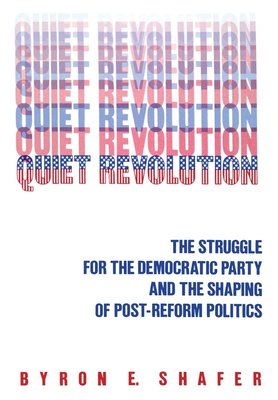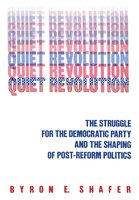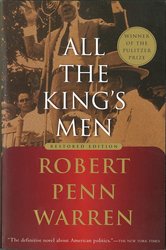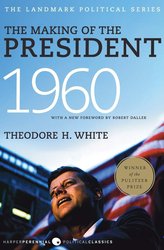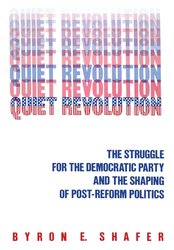This is the story of a revolution without fanfare, a hidden struggle for party reform that produced a new era in national politics. From this struggle emerged the greatest deliberately planned and centrally imposed change in the mechanics of delegate selection, and hence presidential nomination, in all of American history. The success of this revolution heralded the arrival of new political coalitions that would alter the very character of presidential politics, from campaign organization to grass-roots participation. The battle for reform raged within the Democratic party from 1968 to 1972, although it would quickly affect the Republican party as well. It was intense, intricate―and nearly invisible. Yet its chronicle is essential background for political practitioners, professional commentators, and interested citizens alike. And it is the basis for understanding the subsequent course of national politics and the current shape of presidential politics. Quiet Revolution provides the first definitive account of this struggle for reform, an account that is at once modern political history and an illuminating analysis of contemporary American politics. Based on candid interviews with numerous key participants and on extensive archival material, this compelling narrative offers the fascination of political maneuvers closely observed, the drama of momentous events unfolding, and the challenge of a new politics newly interpreted.
